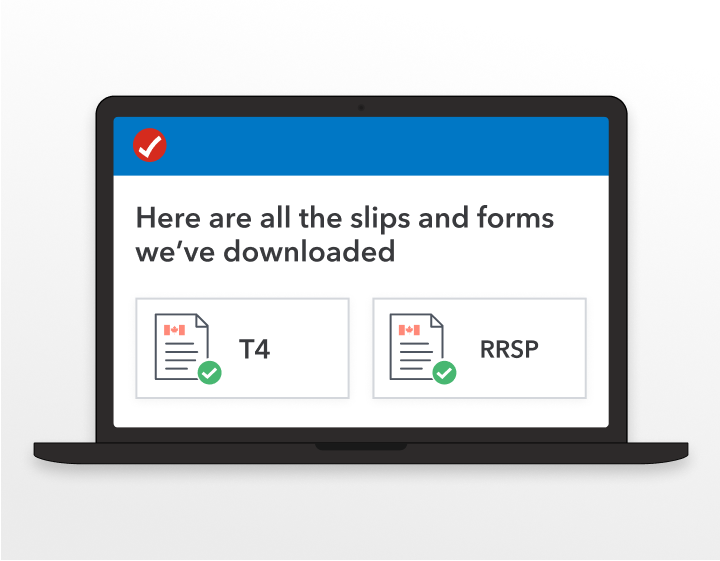

If you receive unqualified payments in excess of a personal allowance, you will have tax withheld. The University will report all unqualified scholarships to the IRS and you will receive a 1042-S form from the Payroll Office no later than March 15 of the following calendar year. If the payments you receive are in excess of tuition, fees and a book allowance, these are considered "unqualified". If all the money you receive is qualified, you will no longer receive a 1042-S form. source funds that do not exceed the cost of tuition, fees, and an allowance for books as these are considered "qualified" expenses. The University is no longer required to report students with U.S. Therefore, no forms are required and you will not receive a 1042-S from the University of Washington. sources, no reporting or withholding is required. If you receive scholarship and fellowship payments from only non-U.S. Guidelines and Policies for Scholarship & Fellowship Payments Send a photocopy of the IRS letter with your response. If you cannot gather all documents before the deadline, send a letter telling the IRS what is delaying your response.

During the time you are a nonresident alien, you must fill out either a 1040NR or 1040NR-EZ form if you have U.S. Non-resident aliens are taxed only on income from U.S.

During this time you are "exempt" from the substantial presence test. as a student (F-1 visa) or first two years if you are a teacher/researcher (J-1 visa) are not counted. For the substantial presence test, the number of days in your first five years in the U.S. citizen or resident, or substantial presence test.

Under Internal Revenue laws and regulations your resident or nonresident alien status is determined by either a "Green Card", marriage to a U.S. Guidelines and Policies for Scholarship & Fellowship Payments.But you also cannot work, do OPT or CPT - you are not even supposed to be going to school. AS long as she is NRA, you will continue to be NRA i.e. (C) why did you change your visa to F-2 ( a dependent visa ). How did you end up with SSN ( because you were born here or because you lived her during better days ? ). How did she end up having a SSN, if this is her first time visit and on F-1. Thus she would be an exempt person till 2023 end of year. (B) your spouse came to the USA in 2019 with her own F-1 ( was she married to you before she came here or you got married here? ). So, absent any change of status or non-compliance with the visa conditions, you would have been a Non-Resident Alien till Thus you were exempt for five calendar years including the year of entry. Thanks a lot for your help in the fact that you were in the USA a longtime ago does not affect your situation. If you need any further information to give me advice, please let me know! If I should report my 2019 tax as a resident alien, am I allowed to report her with me as married filing jointly? My spouse came to the US in August 2019, and we both have SSNs. My spouse had never been to the US started the graduate program as an F1 previous year, so I guess my spouse is an NR. I married in 2019 and changed my visa from F1 to F2 last year. In case I have to report as a resident alien for the tax year 2019, I have one more complicated question. In this case, should I count years I stayed as an F2 towards 5 years exempt and report as a resident alien for the tax year 2019? However, when I was a baby(1-2 years old), I stayed in the US as an F2 dependent for one year under my parents, who were then students in the US. I arrived in the US in September 2015 as an F1 student, so from my understanding, I am an NR for the tax year between 20.


 0 kommentar(er)
0 kommentar(er)
